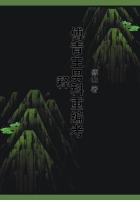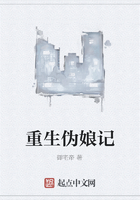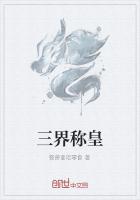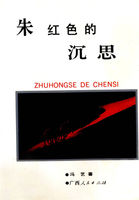Having succeeded by stratagem in introducing some of their members into the municipal council, they demanded a church and the public exercise of their worship, and the demand being unfavourably received, they succeeded by violence in enforcing it, and also in usurping the entire government of the city. To see so important a city in Protestant hands was too heavy a blow for the Emperor and the Roman Catholics.
After all the Emperor's requests and commands for the restoration of the olden government had proved ineffectual, the Aulic Council proclaimed the city under the ban of the Empire, which, however, was not put in force till the following reign.
Of yet greater importance were two other attempts of the Protestants to extend their influence and their power. The Elector Gebhard, of Cologne, (born Truchsess* of Waldburg,) conceived for the young Countess Agnes, of Mansfield, Canoness of Gerresheim, a passion which was not unreturned.
As the eyes of all Germany were directed to this intercourse, the brothers of the Countess, two zealous Calvinists, demanded satisfaction for the injured honour of their house, which, as long as the elector remained a Roman Catholic prelate, could not be repaired by marriage. They threatened the elector they would wash out this stain in his blood and their sister's, unless he either abandoned all further connexion with the countess, or consented to re-establish her reputation at the altar.
The elector, indifferent to all the consequences of this step, listened to nothing but the voice of love. Whether it was in consequence of his previous inclination to the reformed doctrines, or that the charms of his mistress alone effected this wonder, he renounced the Roman Catholic faith, and led the beautiful Agnes to the altar.
* Grand-master of the kitchen.
This event was of the greatest importance. By the letter of the clause reserving the ecclesiastical states from the general operation of the religious peace, the elector had, by his apostacy, forfeited all right to the temporalities of his bishopric;and if, in any case, it was important for the Catholics to enforce the clause, it was so especially in the case of electorates. On the other hand, the relinquishment of so high a dignity was a severe sacrifice, and peculiarly so in the case of a tender husband, who had wished to enhance the value of his heart and hand by the gift of a principality.
Moreover, the Reservatum Ecclesiasticum was a disputed article of the treaty of Augsburg; and all the German Protestants were aware of the extreme importance of wresting this fourth* electorate from the opponents of their faith. The example had already been set in several of the ecclesiastical benefices of Lower Germany, and attended with success. Several canons of Cologne had also already embraced the Protestant confession, and were on the elector's side, while, in the city itself, he could depend upon the support of a numerous Protestant party. All these considerations, greatly strengthened by the persuasions of his friends and relations, and the promises of several German courts, determined the elector to retain his dominions, while he changed his religion.
* Saxony, Brandenburg, and the Palatinate were already Protestant.
But it was soon apparent that he had entered upon a contest which he could not carry through. Even the free toleration of the Protestant service within the territories of Cologne, had already occasioned a violent opposition on the part of the canons and Roman Catholic `Estates' of that province.
The intervention of the Emperor, and a papal ban from Rome, which anathematized the elector as an apostate, and deprived him of all his dignities, temporal and spiritual, armed his own subjects and chapter against him. The Elector assembled a military force;the chapter did the same. To ensure also the aid of a strong arm, they proceeded forthwith to a new election, and chose the Bishop of Liege, a prince of Bavaria.
A civil war now commenced, which, from the strong interest which both religious parties in Germany necessarily felt in the conjuncture, was likely to terminate in a general breaking up of the religious peace.
What most made the Protestants indignant, was that the Pope should have presumed, by a pretended apostolic power, to deprive a prince of the empire of his imperial dignities. Even in the golden days of their spiritual domination, this prerogative of the Pope had been disputed;how much more likely was it to be questioned at a period when his authority was entirely disowned by one party, while even with the other it rested on a tottering foundation. All the Protestant princes took up the affair warmly against the Emperor; and Henry IV. of France, then King of Navarre, left no means of negotiation untried to urge the German princes to the vigorous assertion of their rights. The issue would decide for ever the liberties of Germany. Four Protestant against three Roman Catholic voices in the Electoral College must at once have given the preponderance to the former, and for ever excluded the House of Austria from the imperial throne.
But the Elector Gebhard had embraced the Calvinist, not the Lutheran religion;and this circumstance alone was his ruin. The mutual rancour of these two churches would not permit the Lutheran Estates to regard the Elector as one of their party, and as such to lend him their effectual support. All indeed had encouraged, and promised him assistance;but only one appanaged prince of the Palatine House, the Palsgrave John Casimir, a zealous Calvinist, kept his word.















